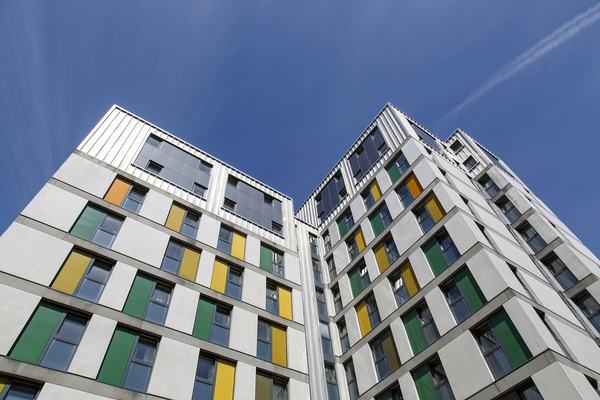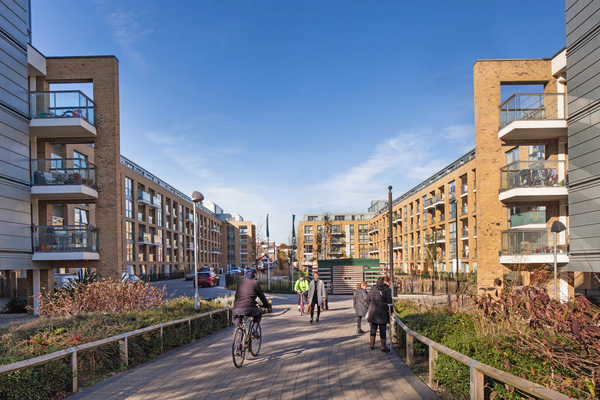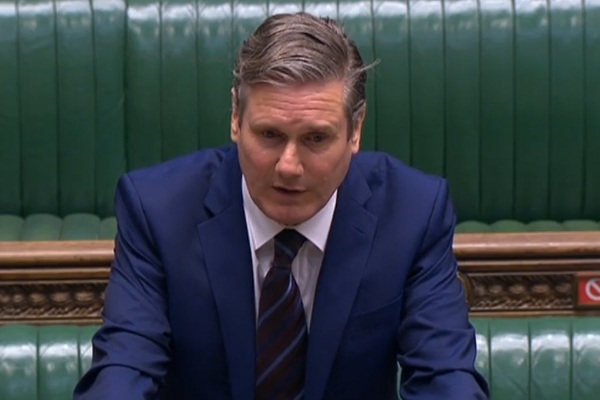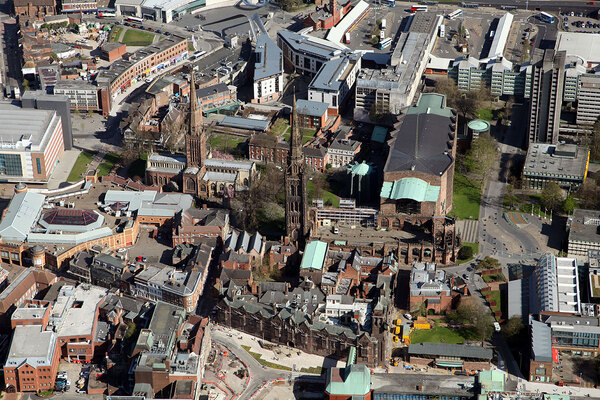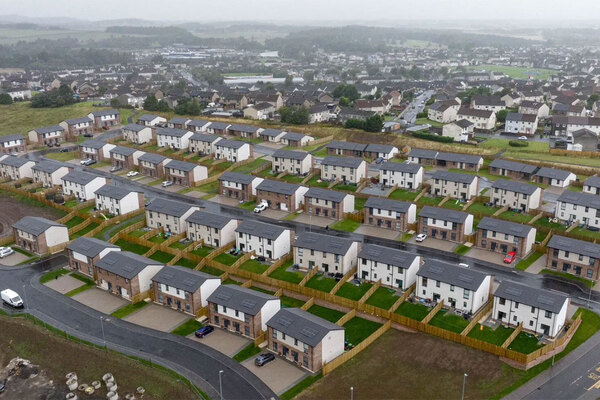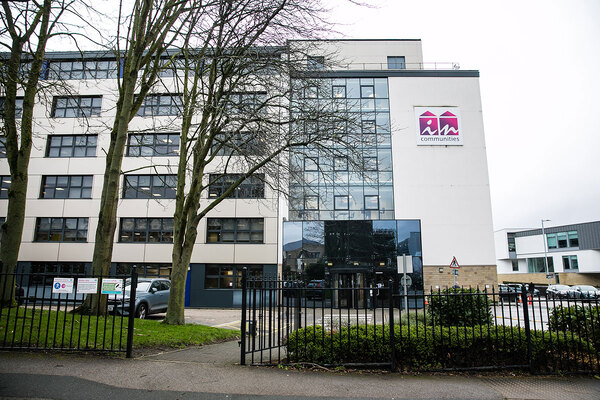You are viewing 1 of your 1 free articles
Nearly 2,000 housing association sales and mortgage renewals in London on hold due to EWS issues
London’s largest housing associations have seen mortgage renewals, home sales and staircasing attempts held up on nearly 2,000 homes as a result of the cladding crisis afflicting many residential buildings across the country.
Data compiled by the G15 and seen by Inside Housing shows that London’s 12 biggest landlords have reported delays to 1,947 mortgage transactions as a result of leaseholders not being able to secure a completed External Wall System (EWS) check on their building.
The EWS process requires a qualified professional to inspect a building’s external wall and sign a form that rules whether the flammable materials present require remedial work, or whether no remedial work is needed and a sale can progress.
However, a number of housing association buildings have still yet to secure an EWS check, which means leaseholders trying to sell, remortgage or staircase have seen their efforts stall.
The new G15 figures mark a more than 100% increase in the number of stalled transactions in the past six months as a result of leaseholders not being able to secure an EWS form, with the G15 recording 987 frozen transactions in June.
This does not include buildings where an EWS form has been completed and transactions have been held up because the building inspector has deemed remediation is needed. In this case, the transaction will be held up until that work is complete.
Transactions on flats in buildings of any size are affected despite the EWS process initially intended to only apply to high rises.
The figures show that the biggest rise came in the number of existing homes where resale, staircasing or remortgaging was blocked until an EWS was issued, with 1,584 flats now stuck – three times the 623 recorded in June.
The G15 also said that this may also hide the leaseholders that have postponed a move, remortgage or staircase attempt due to being aware of the issues.
For new build homes, the number of transactions currently held up because of a lack of an EWS form is 364, down from the 363 recorded in June.
The new figures come despite an almost four-fold increase in the number of EWS inspections being carried out on housing association-owned blocks.
By January this year, 410 (52%) of the 790 blocks taller than 18m secured an EWS form.
The G15 has said it also owns a further 4,526 buildings between 11m and 18m, adding that if EWS forms are required for all of these then the scale of the remaining problem could be 10 times higher.
Included alongside the figures was the G15’s response to a Royal Institution of Chartered Surveyors (RICS) consultation which aims to significantly reduce the number of buildings requiring an EWS check.
The proposals include removing the need for an EWS form on buildings taller than 18m with no cladding or curtain wall glazing, as well as blocks under six storeys with less than a quarter of the buildings’ facade covered in non-metal composite cladding.
The G15 said it was a great step forward and would refine the buildings in scope to what was originally intended under the EWS process.
However the organisation did raise some points of concern, such as issues around whether a building has cladding made up of solid metal or metal composites.
RICS suggested that all buildings containing aluminium composite material cladding or any other form of metal composite cladding should require an EWS check, regardless of height.
The G15 said there are a number of buildings under four storeys with metal cladding and this could lead to the default position of lenders to request an EWS for those blocks.
The organisation suggested that an order be written under this note that puts the onus on the valuer to ask the building owner or managing agent to provide supporting evidence and then only if inconclusive should a EWS check be carried out.
It also pointed out that the guidance would only deliver change if the lenders and valuers follow it and called on RICS to engage strongly with UK Finance, the body that represents banks, and the Building Societies Association to ember the RICS’ suggestions in lender practice.
The response also called on the government to come up with a better long-term alternative to the EWS form which prioritises high-risk buildings and allows leaseholders in lower-risk buildings to be able to move.
The G15 argued that while the RICS’ proposals were a good step forward, it would not sort out the overall problem of mortgage prisoners and many buildings would still be in scope.
Leaseholders should be provided with an indemnity by the government to protect them from the building safety crisis and free up the mortgage market, the body added.
Sign up for our fire safety newsletter
Already have an account? Click here to manage your newsletters
